|
Livestock predation can pose a significant threat to farmers and ranchers, leading to financial losses and animal welfare concerns. However, with the right fencing strategies in place, you can effectively minimize the risk of predation and protect your valuable livestock. In this comprehensive guide, we'll explore practical tips for implementing proper fencing techniques to safeguard your livestock and promote peace of mind. Understanding the Importance of Quality Livestock FencingLivestock fencing serves as the first line of defense against predators, providing a physical barrier to deter intrusions and protect your animals. Investing in high-quality fencing is essential for several reasons: Security: Sturdy fencing helps keep predators out and livestock in, preventing attacks and minimizing the risk of injury or loss. Containment: Properly constructed fences help confine livestock to designated areas, facilitating management practices such as rotational grazing and herd separation. Durability: Quality materials and expert installation ensure that your fencing withstands the rigors of agricultural operations and environmental factors, reducing the need for frequent repairs or replacements. Tips for Effective Livestock Predation PreventionImplementing effective predation prevention strategies requires careful planning and attention to detail. Here are some tips to help you minimize predation risks through proper fencing techniques: 1. Choose the Right Type of Fencing Selecting the appropriate type of fencing for your livestock and property is crucial. Consider factors such as the size and species of your livestock, terrain characteristics, and predator pressure. The Virginia Fence Company offers a variety of livestock fencing options tailored to your specific needs, including: Woven Wire Fencing: Ideal for containing small livestock and keeping out predators such as coyotes and foxes. Electric Fencing: Provides a psychological deterrent to predators while offering flexibility and easy installation. High-Tensile Fencing: Offers strength and durability for larger livestock species such as cattle and horses, with minimal maintenance requirements. 2. Ensure Proper Installation and Maintenance Proper installation is key to the effectiveness of your livestock fencing. Work with experienced professionals, such as the livestock fencing installers at The Virginia Fence Company, to ensure that your fencing is installed correctly and securely. Regular maintenance, including inspection for damage and vegetation clearance, helps prolong the life of your fencing and ensures continued protection for your livestock. 3. Consider Additional Predator Deterrents In addition to fencing, incorporating other predator deterrents can further enhance your predation prevention efforts. Techniques such as livestock guardian animals, deterrent lighting, and predator-proof enclosures can supplement your fencing strategy and provide added protection for your livestock. Partner with The Virginia Fence Company for Your Livestock Fencing NeedsWhen it comes to safeguarding your livestock with quality fencing solutions, trust the expertise of The Virginia Fence Company. As a premier livestock fencing contractor in Virginia, they specialize in designing and installing custom fencing systems tailored to your unique requirements.
With a commitment to superior craftsmanship and customer satisfaction, The Virginia Fence Company ensures that your livestock remain safe and secure within their enclosures. Contact them today to explore their comprehensive range of livestock fencing options and take the first step towards protecting your valuable animals from predation. For further information on livestock fencing and predation prevention, consider exploring the following resources:
By staying informed and proactive in your approach to livestock fencing and predation prevention, you can effectively mitigate risks and ensure the safety and security of your animals.
0 Comments
Leave a Reply. |
AuthorWrite something about yourself. No need to be fancy, just an overview. Archives
May 2024
Categories |
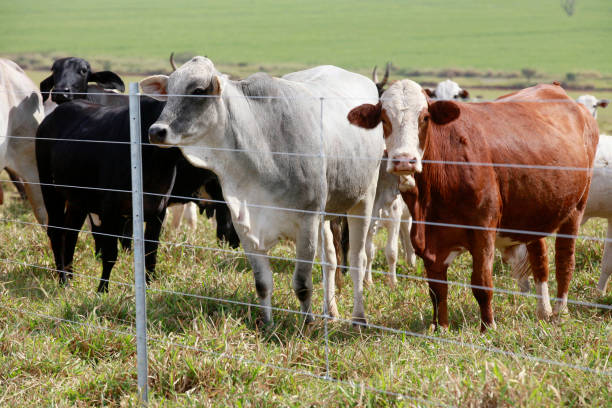
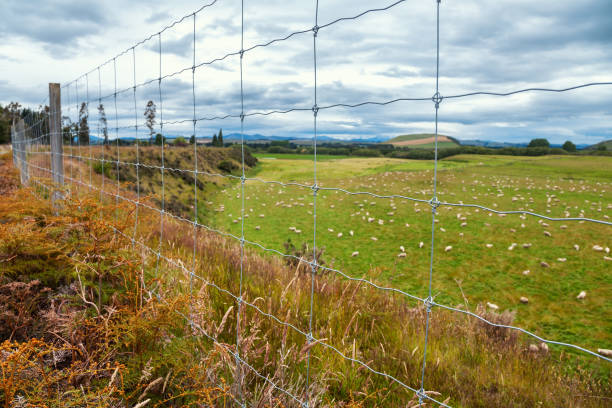
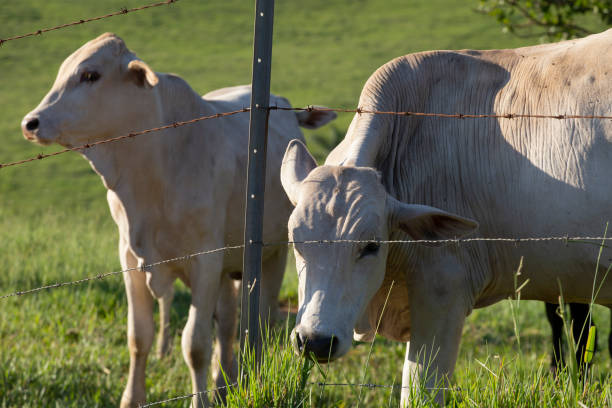
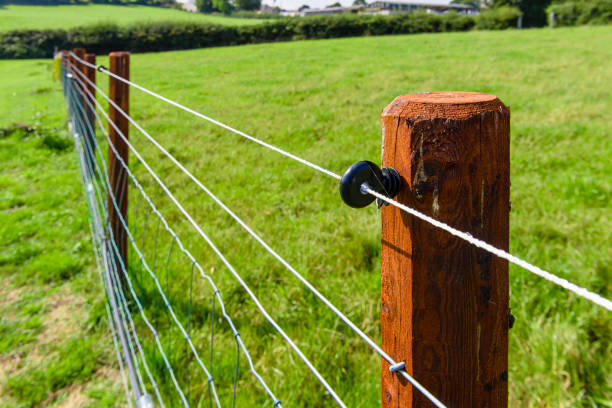
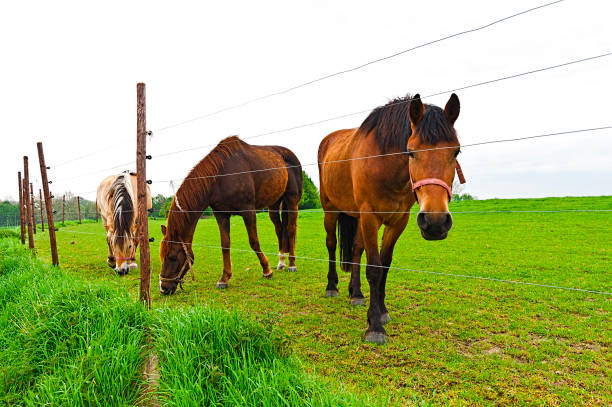
 RSS Feed
RSS Feed